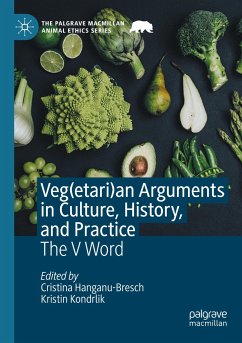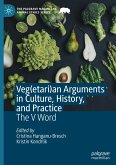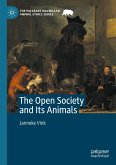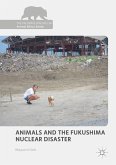This collection explores the arguments related to veg(etari)anism as they play out in the public sphere and across media, historical eras, and geographical areas. As vegan and vegetarian practices have gradually become part of mainstream culture, stemming from multiple shifts in the socio-political, cultural, and economic landscape, discursive attempts to both legitimize and delegitimize them have amplified. With 12 original chapters, this collection analyses a diverse array of these legitimating strategies, addressing the practice of veg(etari)anism through analytical methods used in rhetorical criticism and adjacent fields.
Part I focuses on specific geo-cultural contexts, from early 20th century Italy, Serbia and Israel, to Islam and foundational Yoga Sutras. In Part II, the authors explore embodied experiences and legitimation strategies, in particular the political identities and ontological consequences coming from consumption of, or abstention from,meat. Part III looks at the motives, purposes and implication of veg(etari)anism as a transformative practice, from ego to eco, that should revolutionise our value hierarchies, and by extension, our futures. Offering a unique focus on the arguments at the core of the veg(etari)an debate, this collection provides an invaluable resource to scholars across a multitude of disciplines.
Part I focuses on specific geo-cultural contexts, from early 20th century Italy, Serbia and Israel, to Islam and foundational Yoga Sutras. In Part II, the authors explore embodied experiences and legitimation strategies, in particular the political identities and ontological consequences coming from consumption of, or abstention from,meat. Part III looks at the motives, purposes and implication of veg(etari)anism as a transformative practice, from ego to eco, that should revolutionise our value hierarchies, and by extension, our futures. Offering a unique focus on the arguments at the core of the veg(etari)an debate, this collection provides an invaluable resource to scholars across a multitude of disciplines.








